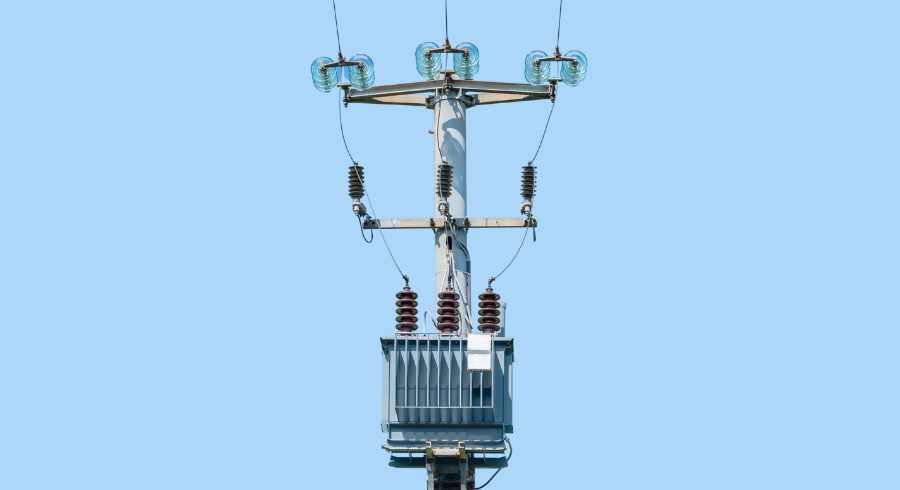The Federation of Pakistan Chambers of Commerce and Industry (FPCCI) has raised concerns over the five Power Purchase Price (PPP) scenarios prepared by the Central Power Purchasing Agency-Guaranteed (CPPA-G) for 2026, warning that the projections do not reflect current market conditions and could worsen the affordability crisis for consumers.
In a letter to the NEPRA Registrar, the FPCCI said CPPA-G’s assumption of rising electricity demand contradicts prevailing economic trends. It noted that consumption has declined due to high tariffs, reduced industrial output, factory shutdowns, and a growing shift toward rooftop solar and captive power solutions.
The chamber stated that projecting demand growth in a contracting market leads to unstable tariff structures and inaccurate quarterly adjustments.
The FPCCI argued that previous PPP calculations did not accurately factor in solar displacement or real consumption behaviour, resulting in sharp quarterly adjustment swings—from Rs -1.80 per unit to Rs +0.50 per unit. It said that inflated demand estimates increase per-unit capacity costs because fixed charges are recovered from fewer units, and warned that ignoring rapid solar adoption will create further unexpected surcharges.
The chamber also criticised temporary base tariff reductions, stating that short-term relief without structural reforms shifts the burden into future quarterly adjustments. It said this pattern has been repeated for years without addressing fundamental cost drivers.
Commenting on the incremental package priced at Rs 22.98 per unit, the FPCCI said the scheme has been widely rejected as it does not align with actual usage patterns. It said the package creates inconsistencies for captive and non-captive consumers, load-enhancement cases and category-change applicants. If incremental units fail to materialise because benchmarks are unrealistic, it warned, PPP and quarterly adjustments will rise further.
The chamber maintained that load factors outlined in the Consumer Service Manual have become outdated due to the economic slowdown and increasing solar adoption. It proposed applying a 40% load factor across industry to produce realistic demand projections.
To revive demand, the FPCCI recommended revising the incremental package and adjusting PPP so that the scheme’s intended purpose—encouraging additional consumption—can be achieved. The chamber said industry is prepared to increase usage if rational adjustments are made, helping fixed costs spread over a larger number of units and lowering PPP.
It argued that breaking the cycle of high tariffs reducing demand—and falling demand pushing tariffs higher—requires bringing electricity prices down to nine cents per unit. This, it said, would draw consumers back from captive generation, improve competitiveness, slow circular debt accumulation and stabilise revenue flows.
The FPCCI also noted that despite NEPRA’s emphasis on stakeholder engagement, industry has not been meaningfully consulted on the incremental package. It warned that excluding key economic actors results in policies misaligned with operational realities and called for immediate formal consultation.
The chamber further highlighted that demand projections have been consistently inaccurate across tariff cycles, with resulting surcharges showing that current forecasting models do not match actual consumption patterns. It cautioned that the upcoming federal budget—being drafted with the IMF—may include changes such as reduced subsidies, adjustment of lifeline consumers under BISP and cuts in cross-subsidies. Fixing tariffs for an entire year without anticipating these changes, it said, could create complications later.
It warned that a five per cent gap between projected and actual demand can raise capacity charges by Rs 1.40 to Rs 1.80 per unit, while a ten per cent gap could push them up by more than Rs 3 per unit, directly increasing quarterly adjustments and consumer-end tariffs. The FPCCI urged NEPRA to adopt a more realistic, data-driven and transparent methodology for PPP determination.
Discover more from Brackly News
Subscribe to get the latest posts sent to your email.



